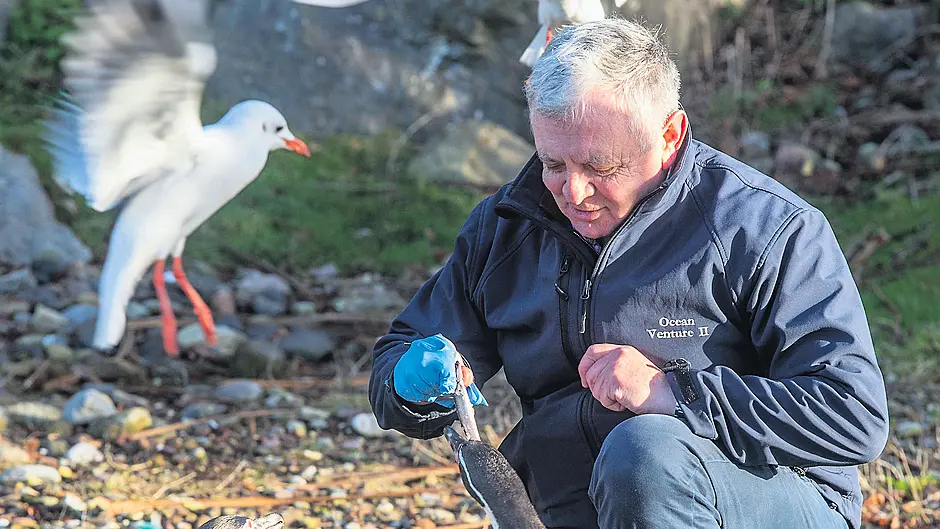FISHERMEN’S organisations are concerned that the continuing uncertainty about Brexit is preventing fish quotas being set for next year.
The annual meeting of the Council of Fisheries Ministers, taking place in Brussels this week, is normally where fish quotas for the year are agreed, however they believe that an industry already in a state of heightened anxiety regarding Brexit is now in a nigh impossible situation to chart its course for 2021, when the future impact of Brexit on the sector remains unknown.
The negotiations to set Total Allowable Catches (TACs) and quotas for the year ahead usually take place over two days.
Seán O’Donoghue, CEO of the Killybegs Fishermen’s Organisation (KFO) said: ‘Exactly 12 months ago, we made reference to the “metaphorical calm before the storm” against which last year’s Council outcome was delivered. That storm, in the form of Brexit, has still not passed.
‘While we remain hopeful that a deal will be reached, we believe that setting three-month quotas based on last year, for the first quarter of next year, will cause a major problem.
Seasonal fisheries such as mackerel, horse mackerel and blue whiting are predominantly worked in the first quarter of the year, so instructing fishermen that they can only catch 60% of their allocations during “peak season” is neither credible nor realistic.’
Mr O’Donoghue said Irish fishermen also have a major issue around the ‘Hague Preferences,’ which have routinely seen the UK and ourselves, secure an additional increase in volume in key stocks: ‘As the UK will no longer form part of the EU’s TACs and quotas system after December 31st, it is critical that Ireland’s ‘Hague Preferences’ are copper-fastened and that the Hague Agreement of 1976 - particularly Annex VII - continues to be fully honoured.’
He said: ‘There are other complex strands to the negotiations around shared stocks of which there are 119 out of 146 divided with the UK. This will require a bilateral with the UK and also a trilateral between the EU, Norway and the UK as well as a bilateral between EU and Norway.
‘None of these negotiations have happened due the protracted Brexit backdrop. This is a Council like nothing which has ever gone before,’ concluded Mr O’Donoghue.








